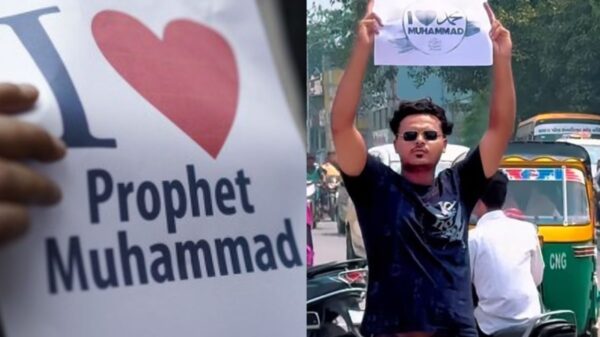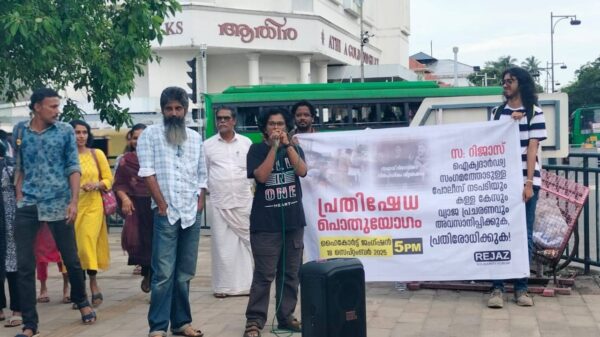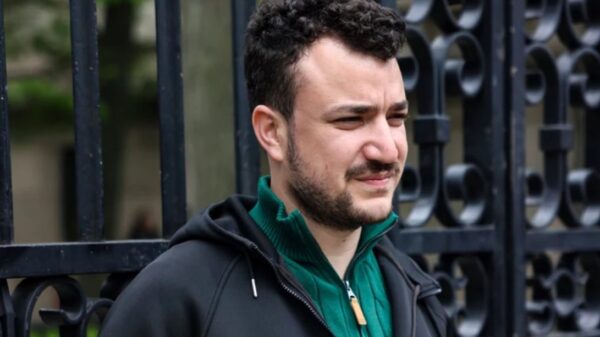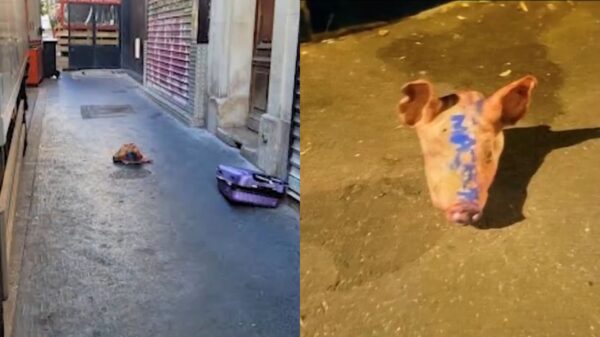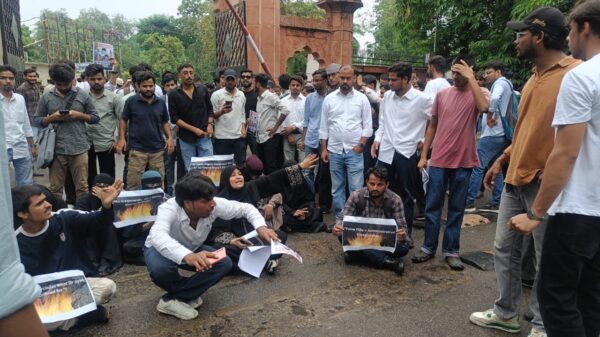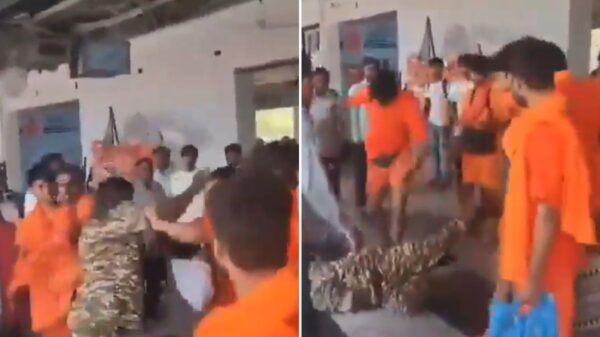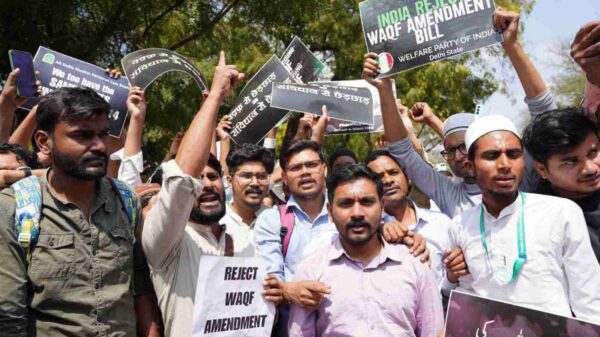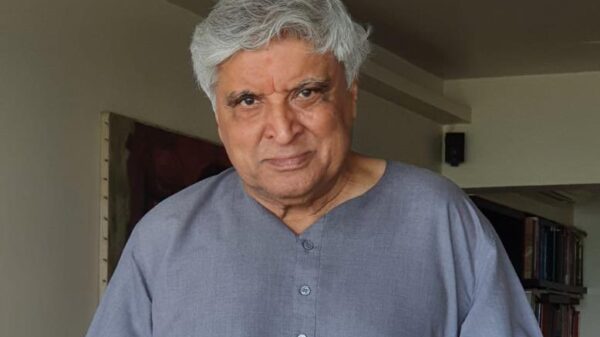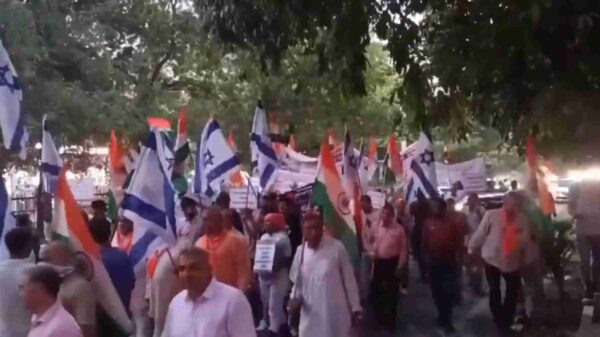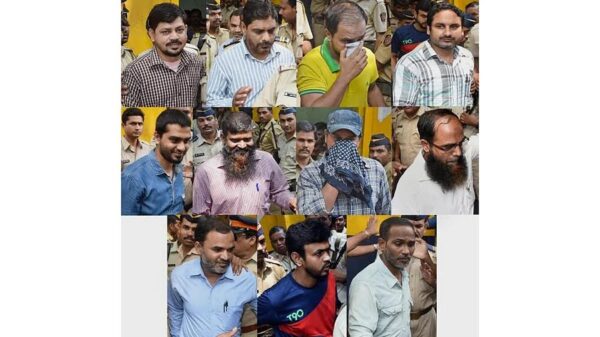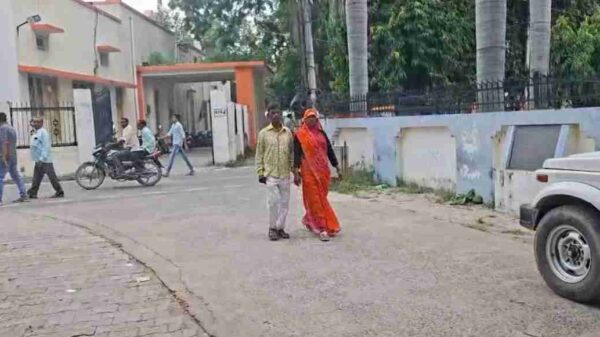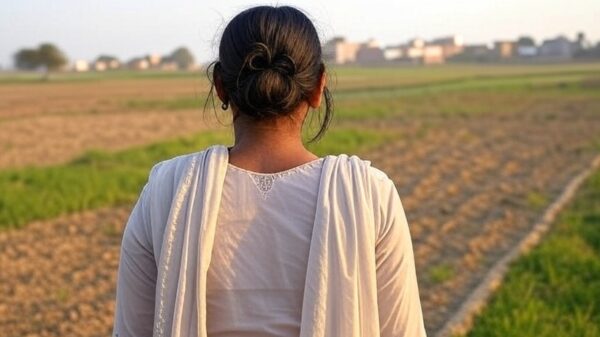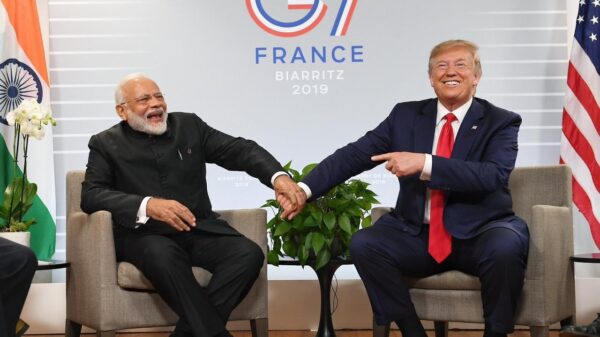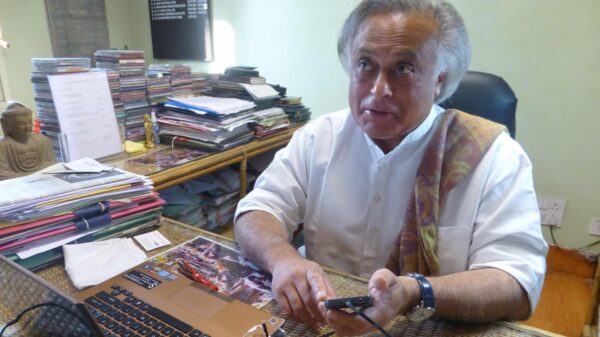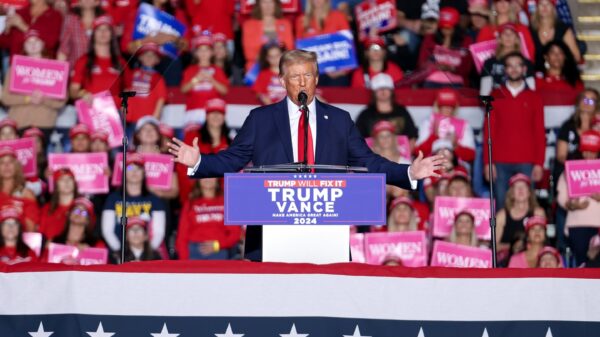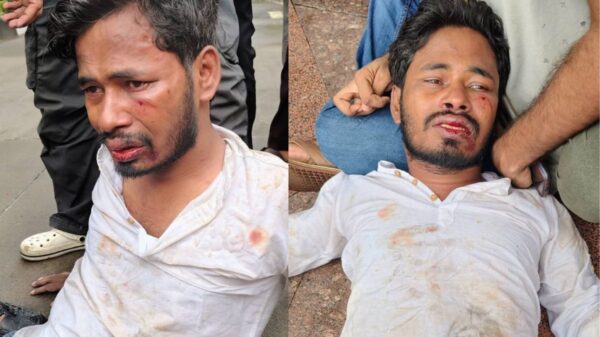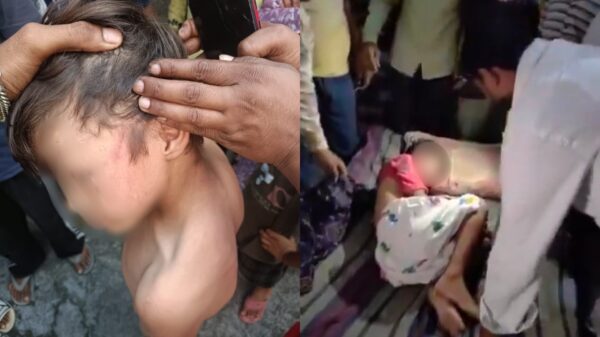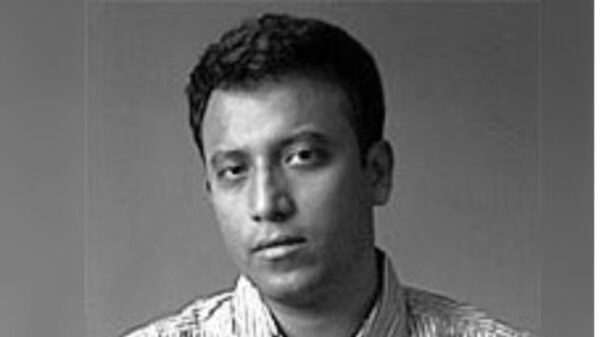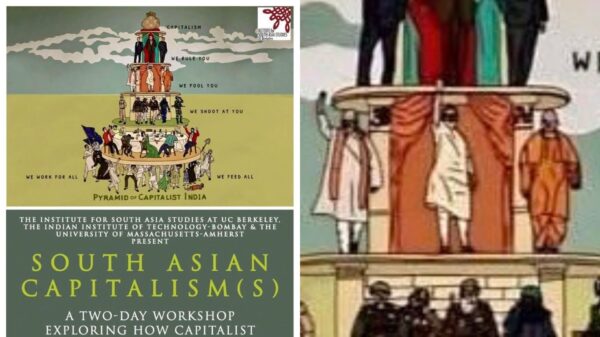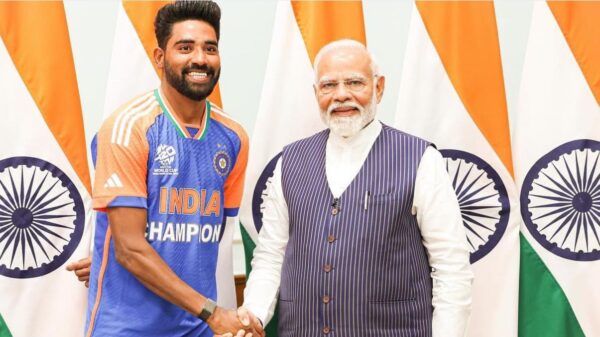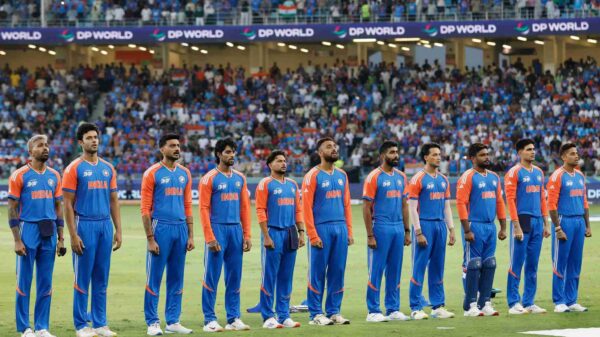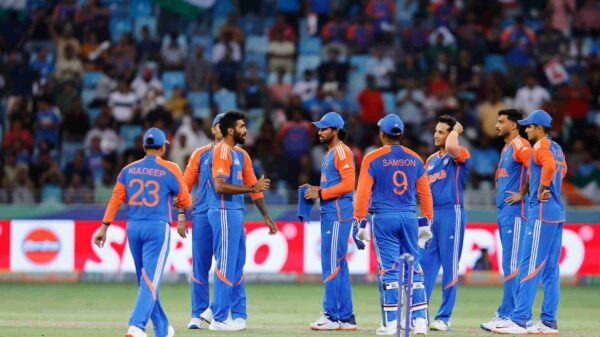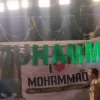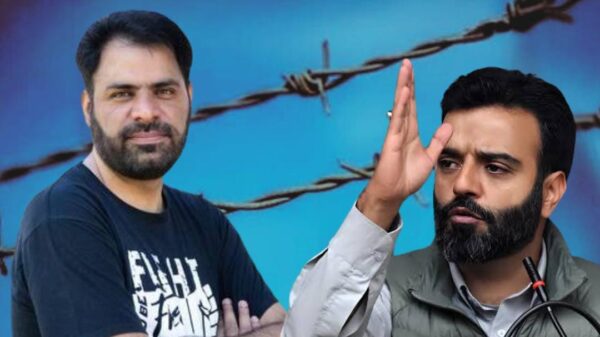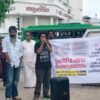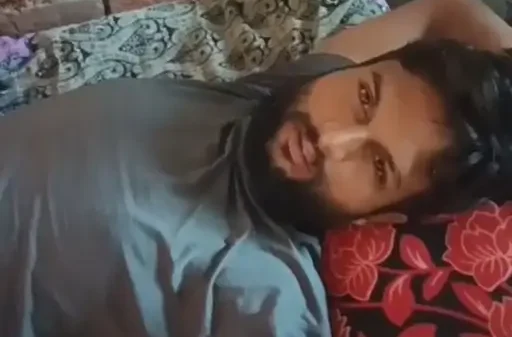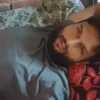The series of meetings between Union ministers and farmer leaders concluded without a resolution in the early hours of Friday. The third round of dialogue held in Chandigarh was labelled as “very positive” by the Union Agriculture Minister Arjun Munda, and they have decided to meet again on Sunday.
The third round of talks between Punjab Chief Minister, Bhagwant Mann and farmer union leaders, alongside Union ministers, concluded early Friday morning in the Mahatma Gandhi State Institute of Public Administration in Sector 26 of Chandigarh.
The meeting included Union Agriculture and Farmer Welfare Minister Arjun Munda, Commerce and Industry Minister Piyush Goyal and Minister of State for Home Affairs Nityanand Rai. Among the farmer leaders who took part in the meeting were SKM (Non-Political) leader Jagjit Singh Dallewal and Kisan Mazdoor Sangharsh Committee general secretary Sarwan Singh Pandher.
Speaking to the press late last night, Munda characterized the discussions as “very positive,” adding that the talks took place in a “good atmosphere” while the farmers raised several issues.
The third meeting started at around 8:45 pm on Thursday and lasted for around five hours, with discussions on several issues. “On each topic, a detailed discussion took place and a consensus was reached on several issues,” Mann told the reporters.
The issue of suspension of internet services at select areas in Sangrur, Patiala and Fatehgarh Sahib, was reportedly raised by Mann with the Centre. He also brought to the attention of the Union ministers the use of a drone by Haryana Police to tear gas shells on the protesters inside Punjab.
Pandher highlighted the issue of tear gas shelling by the security personnel against farmers at the Shambhu and Khanauri borders, which had led to the “rail roko” call by Bharatiya Kisan Union (Ekta Ugrahan) and the BKU Dakaunda (Dhaner). He noted that the shells were presented to the ministers during the meeting.
He further said that the Centre has assured them that it would speak to the Haryana government and ask it to maintain peace at the Punjab and Haryana borders.
However, the recent turnouts at the border questions the assurance of the Centre.
During the negotiations, farmer leaders expressed their concern over the purported suspension of several leaders’ social media accounts. Farmer leader Jagjit Singh Dallewal stated that ministers have provided assurance regarding the restoration of these accounts.
On the other hand, Pandher told the reporters that a detailed discussion on their demands, including a legal guarantee for Minimum Support Price and debt waiver, took place, adding, “They (Union ministers) said they need time.”
Pandher affirmatively responded to inquiries regarding the framers’ intentions to remain stationed at the Punjab-Haryana borders. “We want that there should be a positive result and any confrontation should be avoided. Otherwise, our plan to march to Delhi will go ahead,” he said.
Apart from the legal guarantee on MSP, the farmers’ demands include — the implementation of the Swaminathan Commission’s recommendations, pension for farmers and farm labourers, farm debt waiver, and reinstatement of the Land Acquisition Act, 2013. The protesters also demand “justice” for the victims of the Lakhimpur Kheri violence, withdrawal of police cases, and compensation for the families of the farmers who died during a previous agitation in 2020-21.
Farmers protest — “Delhi Chalo”
To pressurize the Government to accept their demands, farmers from Punjab began their march to the national capital on Tuesday, in response to the “Delhi Chalo” call, but were stopped at the Shambhu and Khanauri border points between Punjab and Haryana.
In a clash between the farmers and the Haryana Police at two border points, the security personnel had used tear gas and water cannons as the protestors attempted to break the barricades blocking their march to the national capital.
In response to this, some farmers squatted on railway tracks at various places, while some farmers staged demonstrations at several toll plazas in Punjab to protest against the Haryana Police’s action towards the protestors.
The protesting farmers have been camping at the border points ever since. Initially, the farmer leaders had said that they would not make any further attempt to move ahead till the meeting with the ministers was held. They had also said that the next course of action would be decided based on the Centre’s proposals.
‘Bharat Bandh’ today
Currently, following the recent ‘Dilli Chalo’ agitation by farmers, a faction of the Samyukta Kisan Morcha (SKM), supported by central trade unions, initiated the ‘Gramin Bharat Bandh’ on Friday, February 16, to intensify their agitation over various demands. As the BJP-led Central government refuses to yield, the Bandh will run from 6 am to 4 pm, with farmers participating in a widespread chakka jam on major state and national highways for four hours.
The two border points between the states remain closed with heavy deployment of security personnel in anti-riot gear. Multiple layers of barricades, barbed wires and concrete blocks have been put up to stop the farmers from entering Delhi. The Singhu border is under surveillance by deployed drones.
Meanwhile, the Delhi Police are on high alert. The security has been tightened, barricades have been installed at all borders, and the traffic police have advised people going to Delhi should use the Metro as much as possible to avoid traffic inconvenience. Moreover, the Delhi police have ordered more than 30,000 teargas shells from the Border Security Force (BSF) Tear Smoke Unit.
However, the Bandh observed a few services as exceptions. Dr Darshan Pal, member, SKM, National Coordination Committee (NCC), said, “We will ensure passage to emergency services of ambulances, death, marriage, medical shops, newspaper supply, students going for board exams and passengers to the airport.”
As per PTI Inputs, commuters in Punjab faced inconvenience due to the non-availability of buses in response to the ‘Bharat Bandh’, as several students and office-goers are seen waiting near the bus stands.
In Punjab, all village shops, markets, government and non-government offices, rural industrial and service sector institutions and enterprises in the private sector have been requested to remain closed, while public transport remains suspended. Moreover, private schools have declared a holiday, barring those appearing for their board examinations.
While the previous rounds of dialogue including those of February 8 and 12 remained inconclusive, the fourth meeting is scheduled for 6 pm on Sunday.








